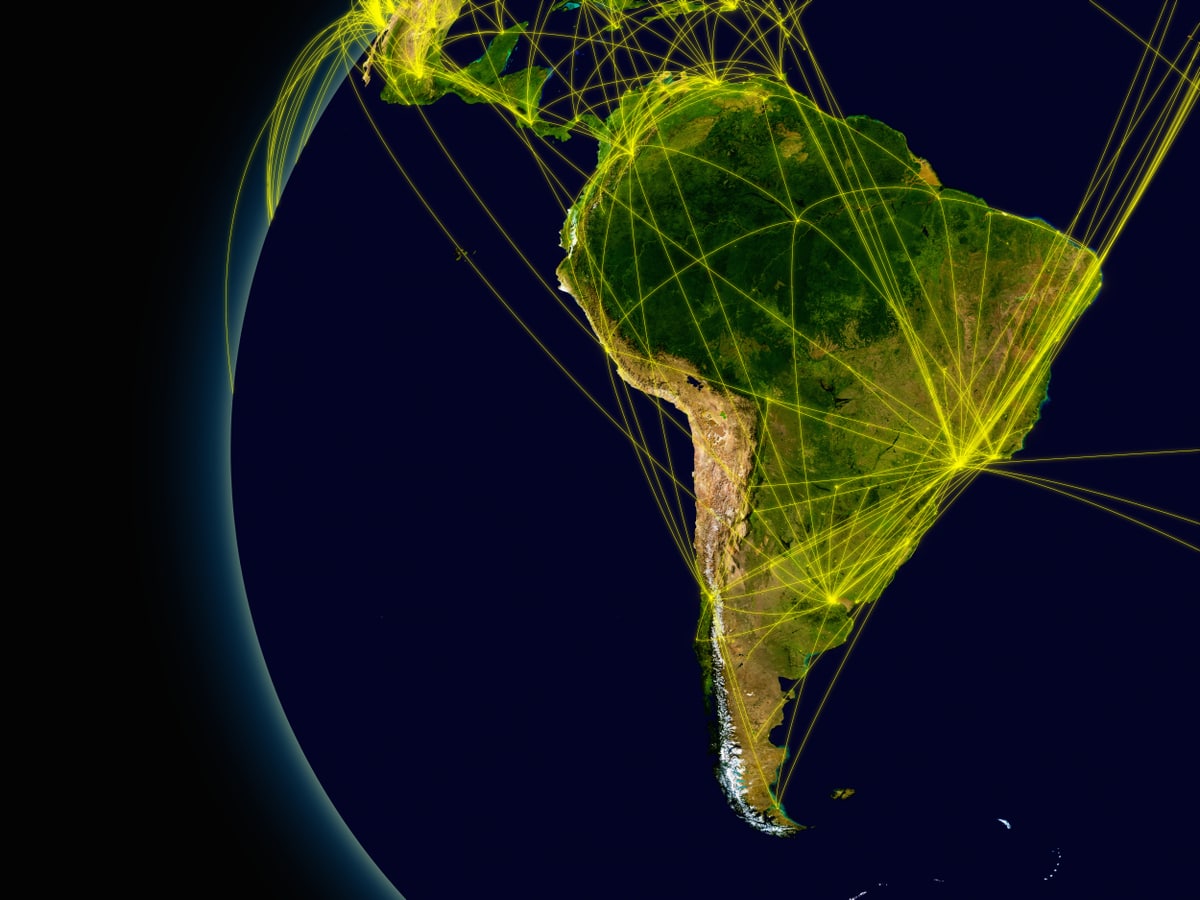CSA Research materials are copyrighted and provided solely to authorized users.
You are prohibited from submitting any CSA Research content to generative AI tools, machine-learning systems, public or shared platforms, or any service capable of storing, training on, or redistributing the material. You may not copy, record, share, translate, or upload any portion of this content beyond your licensed rights
Unauthorized use, disclosure, or distribution may violate applicable laws. For permissions or to report misuse, contact legal@csa-research.com.






